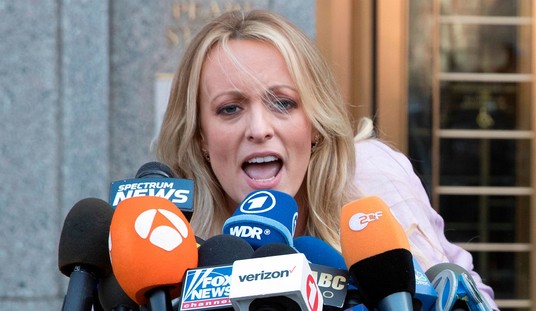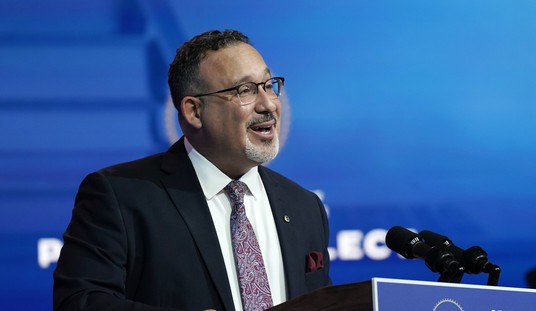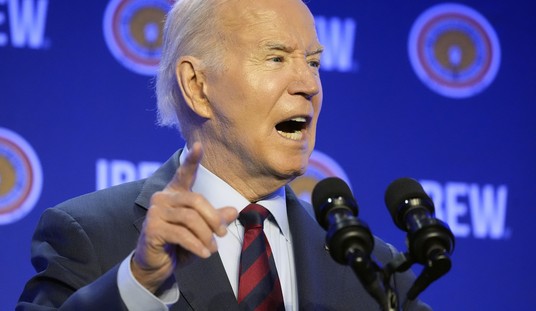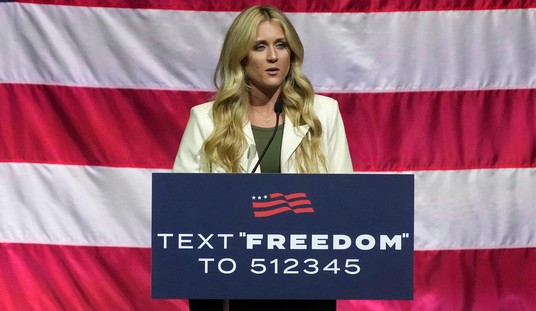 I am pleased to bring to you this commentary by the Texas Public Policy Foundation’s own VP for Research, Bill Peacock, on the need to defeat the Texas “Amazon tax” that will be considered by the Texas House of Representatives on Thursday morning. RedState’s Erick Erickson was on the case of the “Amazon tax” back in mid-May, and since then, Neil Stevens has done yeoman’s work in sounding the alarm. Our Lone Star State may be America’s top job creator, but even our politicians need some reminding which way is right.
I am pleased to bring to you this commentary by the Texas Public Policy Foundation’s own VP for Research, Bill Peacock, on the need to defeat the Texas “Amazon tax” that will be considered by the Texas House of Representatives on Thursday morning. RedState’s Erick Erickson was on the case of the “Amazon tax” back in mid-May, and since then, Neil Stevens has done yeoman’s work in sounding the alarm. Our Lone Star State may be America’s top job creator, but even our politicians need some reminding which way is right.
Texas has made a name for itself lately by luring businesses from other states, like California, looking to get away from heavy regulation and taxes. For instance, Site Selection Magazine recently named Texas the top state in the nation for the most new business projects and expansions.
However, if the Texas Legislature follows through with its current plan to adopt an “Amazon tax” on Thursday, Califonia’s VigLink, a Google Ventures-backed online marketing company, is one company that likely won’t be heading our way.
Viglink’s founder and CEO Oliver Roup has already moved his company’s operations out of Illinois into neighboring Indiana in response to the Amazon tax passed this spring by the Illinois Legislature. Now he faces a tougher challenge with a similar law being considered in California, where his company is headquartered.
“We stand to take an immediate hit to our revenue,” said Roup. “We have contingency plans in place, we’ll survive, but we think it’s bad for business, it’s bad for California, and it’s bad for tax revenue.”
Such a tax would be bad for Texas as well.
The skirmish in Texas began last year when the Comptroller issued an assessment to Amazon of $269 million for uncollected sales taxes, interest, and penalties, apparently claiming the company must collect sales taxes on goods sold to Texans because it has a presence in the state.
However, whether Amazon has a presence in the state that would trigger its responsibility to collect the state’s sales tax is questionable under both state and federal law.
To be on the safe side, the Texas Legislature recently joined with tax and spend states like California and Illinois by passing our own version of the Amazon tax. Gov. Rick Perry vetoed the bill, but the tax is back again, included as a provision in SB 1, the fiscal matters bill, which will be considered by the Texas House on Thursday.
The Amazon tax is best understood in the context of government’s unending search for new revenues. For instance, while state and local governments are currently targeting Internet sales as a source of revenue, this simply builds on previous efforts to use out-of-state mail order sellers to collect the tax. However, those efforts ran afoul of the U.S. Supreme Court’s 1992 decision, Quill v. North Dakota.
In addition to enacting Amazon tax laws, states have been trying to work around Quill though a Streamlined Sales and Use Tax Agreement that “encourages” the collection of the sales tax. Now, Congress is weighing in with the “Main Street Fairness Act,” which would give a state explicit authority to force retailers to collect a sales tax on goods sold to residents of that state.
One of the problems government has is that it moves very slowly in comparison to the marketplace. As a result, government is always trying to “catch up” by imposing new taxes or regulations on activities that it never conceived of but that have become a way of life for most people.
So when proponents of the Amazon tax bill call it a “clarification” of existing law, don’t believe them. It is easy to see that the Texas Legislature had no intent of taxing Internet sales when the current definitions were initially enacted back in 1981. Instead, the bill makes a significant change to current law in an attempt to boost sales tax revenue.
Most people would call this a tax increase. Such realistic terminology helps us see the true problem, which is that governments focus more on increasing revenue than on reducing spending.
Witness the Texas Legislature, which spent a lot more effort during the regular session coming up with budget gimmicks and “non-tax” revenue sources to balance the budget than looking for ways to reduce the size and cost of government.
The problem Texas must deal with isn’t too little revenue, it is too much spending. A focus on revenue will cost Texas jobs as employers like Amazon and Mr. Roup take their companies and employees elsewhere.
Gov. Perry was right to veto the Amazon tax bill, and he’d be right if he did it again. Staying focused on downsizing Texas government is the only way to keep Texas as the top job producing state in the nation.
Bill Peacock is vice president of research and planning and director of the Center for Economic Freedom at the Texas Public Policy Foundation. He may be reached at [email protected].














Join the conversation as a VIP Member